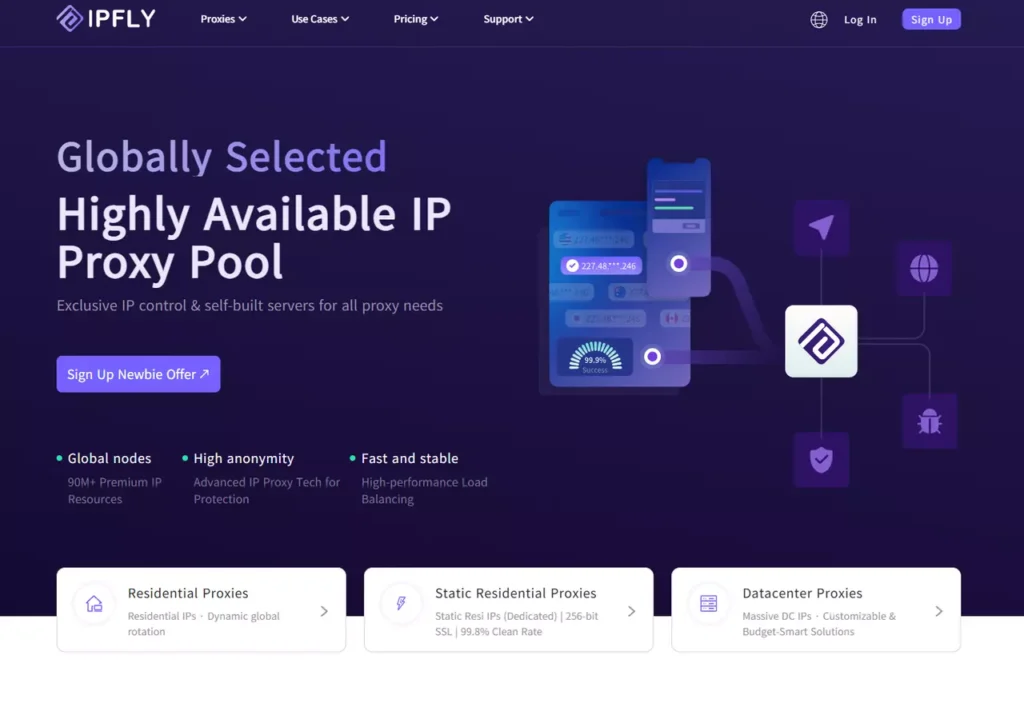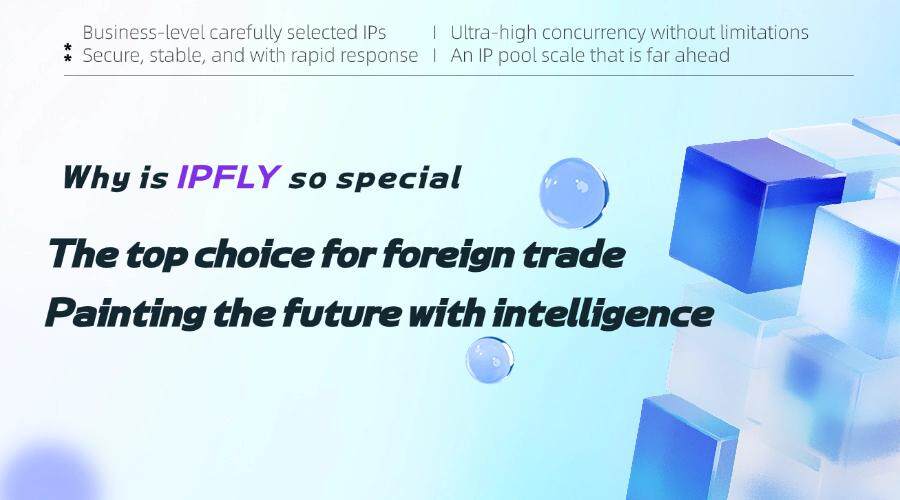Introduction to Proxies
In an age where online privacy and security are paramount, proxies have emerged as essential tools for individuals and businesses alike. A proxy server acts as an intermediary between your device and the internet, masking your real IP address and providing a layer of anonymity. Whether you’re looking to access geo-restricted content, enhance your online security, or conduct web scraping for market research, proxies offer a versatile solution. This guide will explore what proxies are, their types, benefits, and how they work, helping you navigate the digital landscape with confidence.

Types of Proxies
Proxies come in various forms, each suited to different needs. The most common types include:
HTTP Proxy: Designed for web browsing, an HTTP proxy handles traffic for websites and web-based applications. It’s ideal for tasks like accessing geo-blocked content or conducting basic web scraping. However, it lacks encryption, making it less secure for sensitive activities.
HTTPS Proxy: An upgrade from the HTTP proxy, the HTTPS proxy encrypts data between your device and the proxy server, ensuring secure browsing. This makes it suitable for activities involving sensitive information, such as online banking or accessing confidential data.
SOCKS Proxy: More versatile than HTTP and HTTPS proxies, SOCKS proxies (like SOCKS5) support multiple protocols, including TCP and UDP. They are harder to detect and are often used for tasks requiring high anonymity, such as torrenting or gaming.
Choosing the right proxy type depends on your specific use case, whether it’s casual browsing, secure transactions, or advanced data collection.
Benefits of Using Proxies
Proxies offer several key advantages that make them indispensable for various online activities:
Online Anonymity: By masking your real IP address, proxies prevent websites and third parties from tracking your online behavior, protecting your privacy.
Enhanced Security: Proxies can act as a firewall, filtering out malicious content and reducing the risk of cyberattacks, especially on public Wi-Fi networks.
Access to Geo-Restricted Content: Proxies allow you to bypass regional restrictions by making it appear as though you’re browsing from a different location, unlocking content otherwise unavailable in your area.
Improved Performance: Some proxies cache frequently accessed content, speeding up load times and reducing bandwidth usage.
These benefits make proxies a valuable tool for anyone looking to enhance their online experience.
Common Use Cases for Proxies
Proxies are used across a wide range of scenarios, including:
Web Scraping: Businesses and researchers use proxies to collect data from websites without triggering anti-bot measures. This is crucial for tasks like competitor analysis or price monitoring.
Market Research: Proxies enable access to region-specific data, helping companies understand local markets and consumer behavior.
Bypassing Censorship: In countries with strict internet regulations, proxies allow users to access blocked websites and services.
Ad Verification: Marketers use proxies to ensure their ads are displayed correctly in different regions, optimizing campaign performance.
These use cases highlight the versatility of proxies in both personal and professional contexts.
How Proxies Work
Imagine sending a letter through a post office instead of directly to the recipient. The post office (proxy server) handles the delivery, keeping your address (IP address) hidden from the final destination. Similarly, when you use a proxy, your web requests are routed through the proxy server, which then communicates with the target website on your behalf. The website sees the proxy’s IP address, not yours, ensuring your anonymity. This process also allows the proxy to filter content, cache data, or enforce security policies before forwarding the response back to you.

Choosing the Right Proxy Service
Selecting a reliable proxy service is crucial for ensuring performance and security. IPFLY is a leading provider that offers a range of proxy solutions tailored to your needs. With a vast pool of residential proxies from over 190 countries, IPFLY ensures high anonymity and minimal detection risks. Their proxies are ideal for tasks like web scraping, market research, and accessing geo-restricted content. Key features include:
Global Coverage: Access proxies from virtually any location for precise geo-targeting.
Automatic IP Rotation: Seamlessly switch IPs to avoid bans and maintain uninterrupted operations.
Flexible Plans: Choose from pay-as-you-go or subscription models to fit your budget.
24/7 Support: Get expert assistance whenever you need it.
Whether you’re a casual user or a business, IPFLY’s proxies provide the reliability and flexibility required for today’s digital challenges.

Proxies are more than just a tool for anonymity—they’re a gateway to a safer, more accessible internet. By understanding the different proxy types, their benefits, and how they work, you can make informed decisions about your online activities. Whether you’re bypassing geo-restrictions, enhancing security, or conducting data-intensive tasks, proxies offer a solution. For those seeking a trusted provider, IPFLY stands out with its extensive network and user-friendly features. Start exploring the world of proxies today and take control of your online presence.
For more information on secure and reliable proxy solutions, visit IPFLY’s website.



